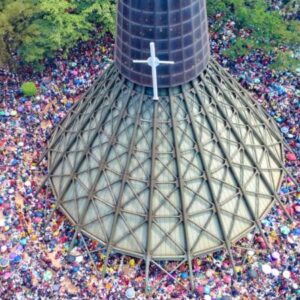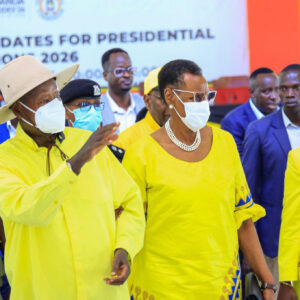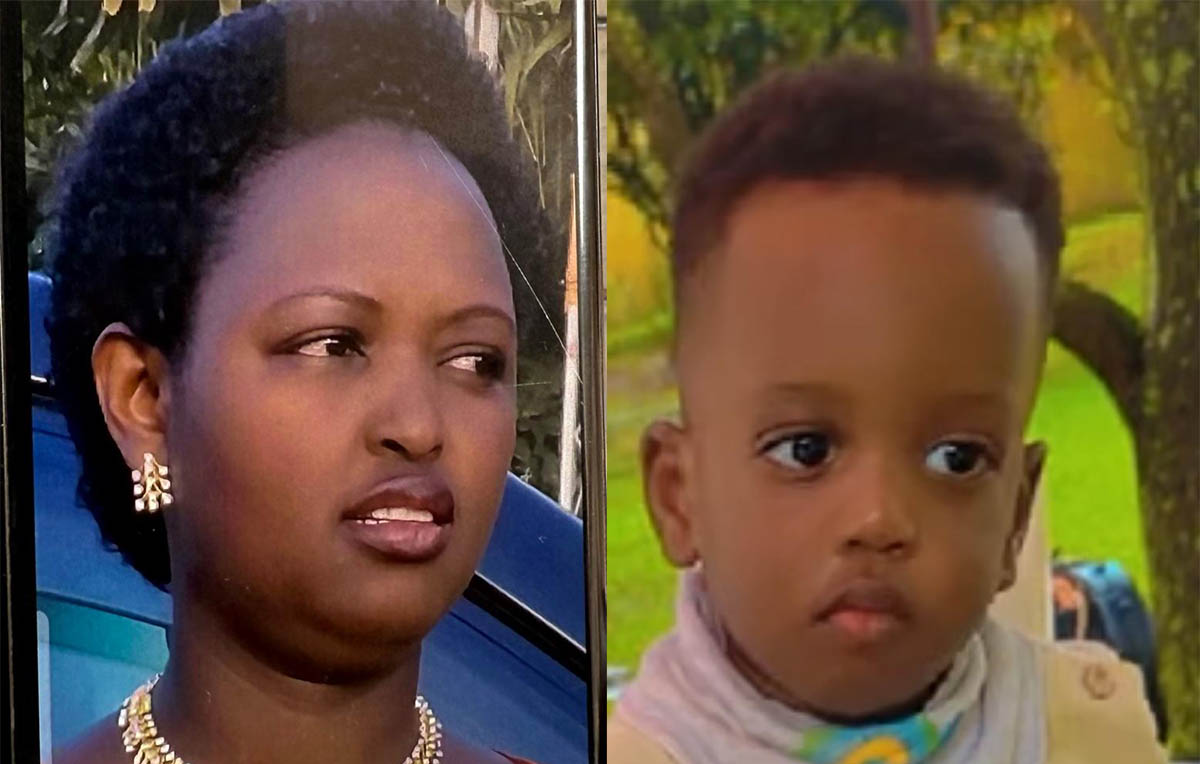This World Cities Day, 30th–31st October 2025, the theme “People-centered smart cities” — held under the official slogan “Better City, Better Life” — invites us to explore how technology can improve urban life. As Monitoring and Evaluation (M&E) practitioners, our job is to ensure that “improvement” is measured in human terms.
This raises a vital epistemological question: how do we know what “better” really means?
The “smart city” conversation often focuses on technological solutions. But to be truly people-centred, we must first focus on the definitions of success. The terms we use — safety, accessibility, inclusion, and well-being — are not universal; they are deeply contextual.
For example, safety in a city with mature digital infrastructure might be defined as data privacy. In a rapidly urbanizing city, it might be defined as well-lit public pathways or safe taxi transport. Neither definition is wrong — they are simply different. The real challenge is ensuring we use the right definition for the right context.
This is where we must reimagine our approach to M&E. The solution lies in a participatory Results-Based M&E (RBME) framework. In this approach, the first step is not to deploy technology, but to listen.
As M&E practitioners, our role is to facilitate a process where citizens themselves define the indicators. This moves public engagement from a simple checkbox exercise to the very foundation of the M&E system. When citizens define safety as reliable public transport, that becomes the result we measure.
This RBME framework becomes the anchor connecting Big Data from technology — such as transport sensors — and Thick Data from people — such as feedback on whether they feel safer.
A city is not “smart” because it has the most sensors. A city is “smart” because it has the best feedback loops.
By solving the epistemological challenge and letting people define the results, we create an M&E framework that delivers true, results-based accountability. It ensures that in our pursuit of digital transformation, technology remains a tool to enhance human dignity and a locally defined quality of life.
The writer, Majumba Apollonio, is a Monitoring and Evaluation practitioner whose work focuses on Sustainable Development Goal 11 of “Making cities and human settlements inclusive, safe, resilient, and sustainable.”







